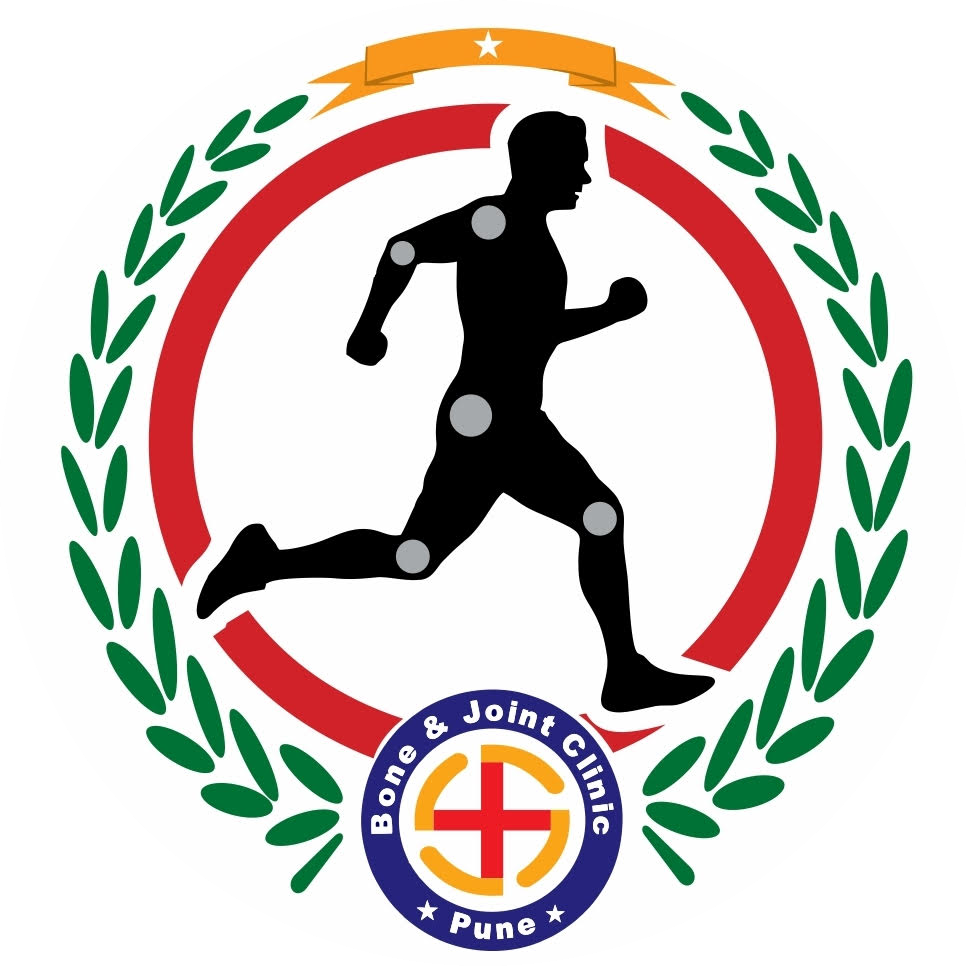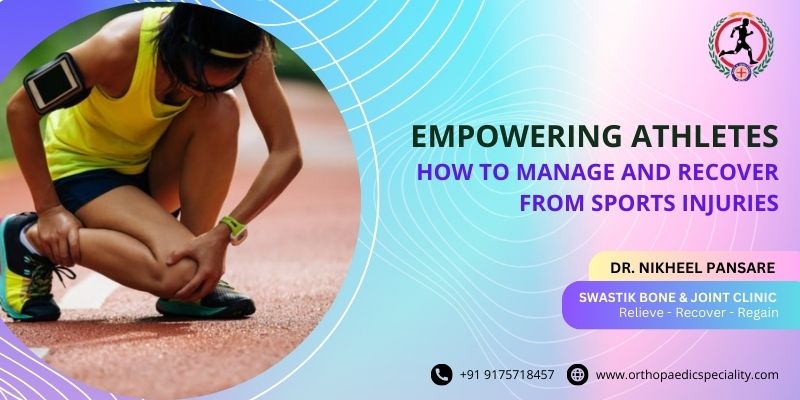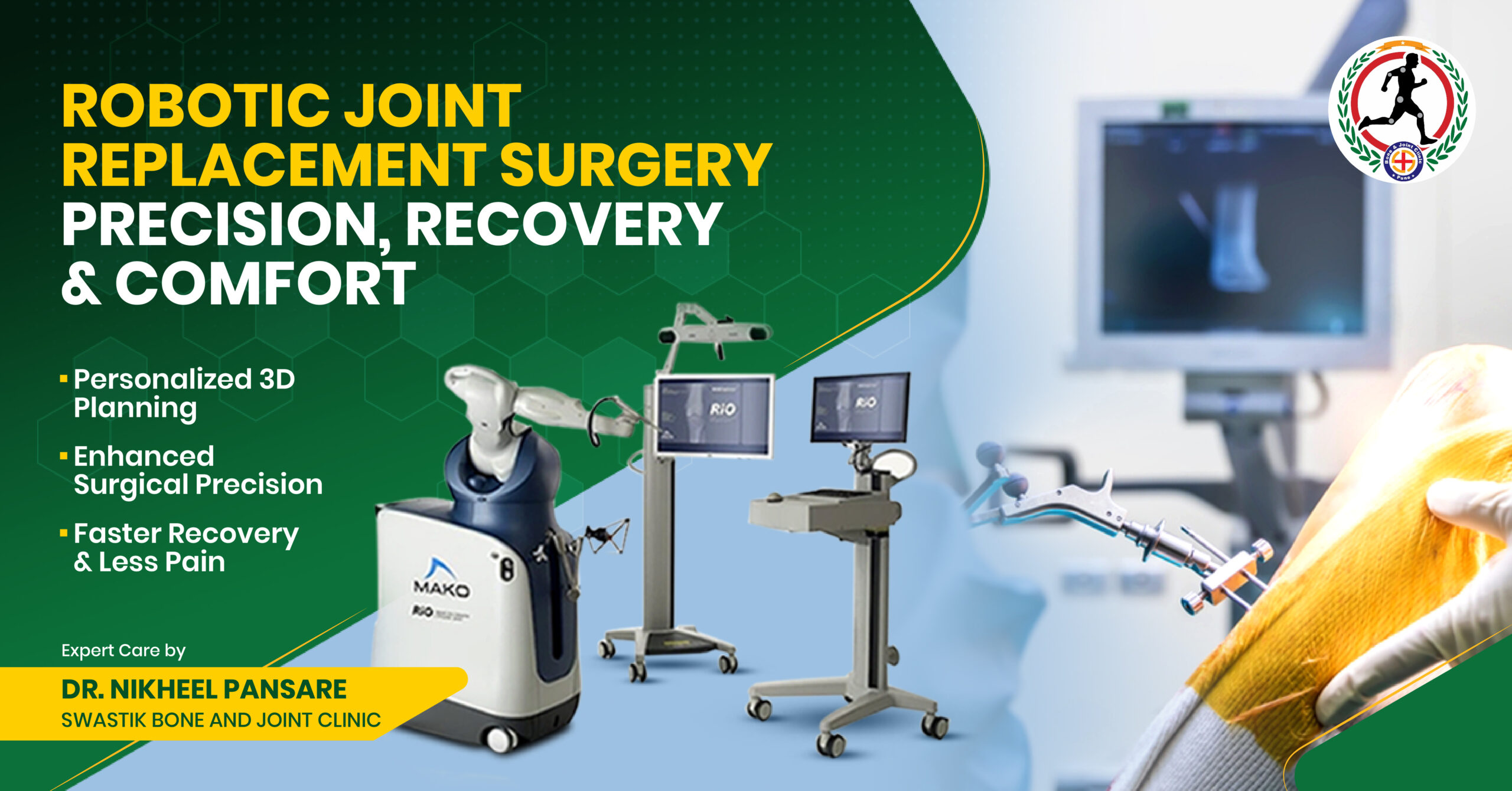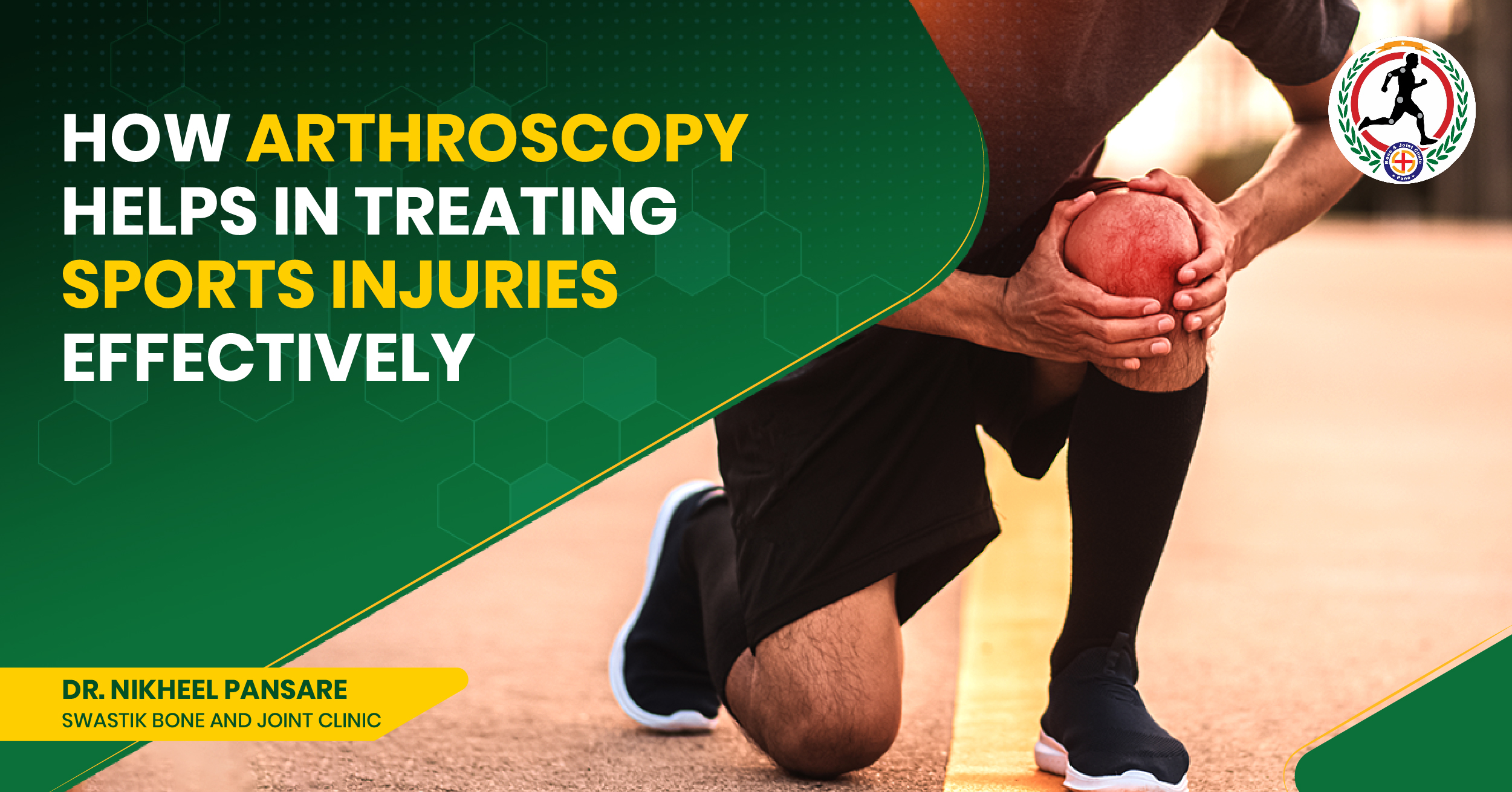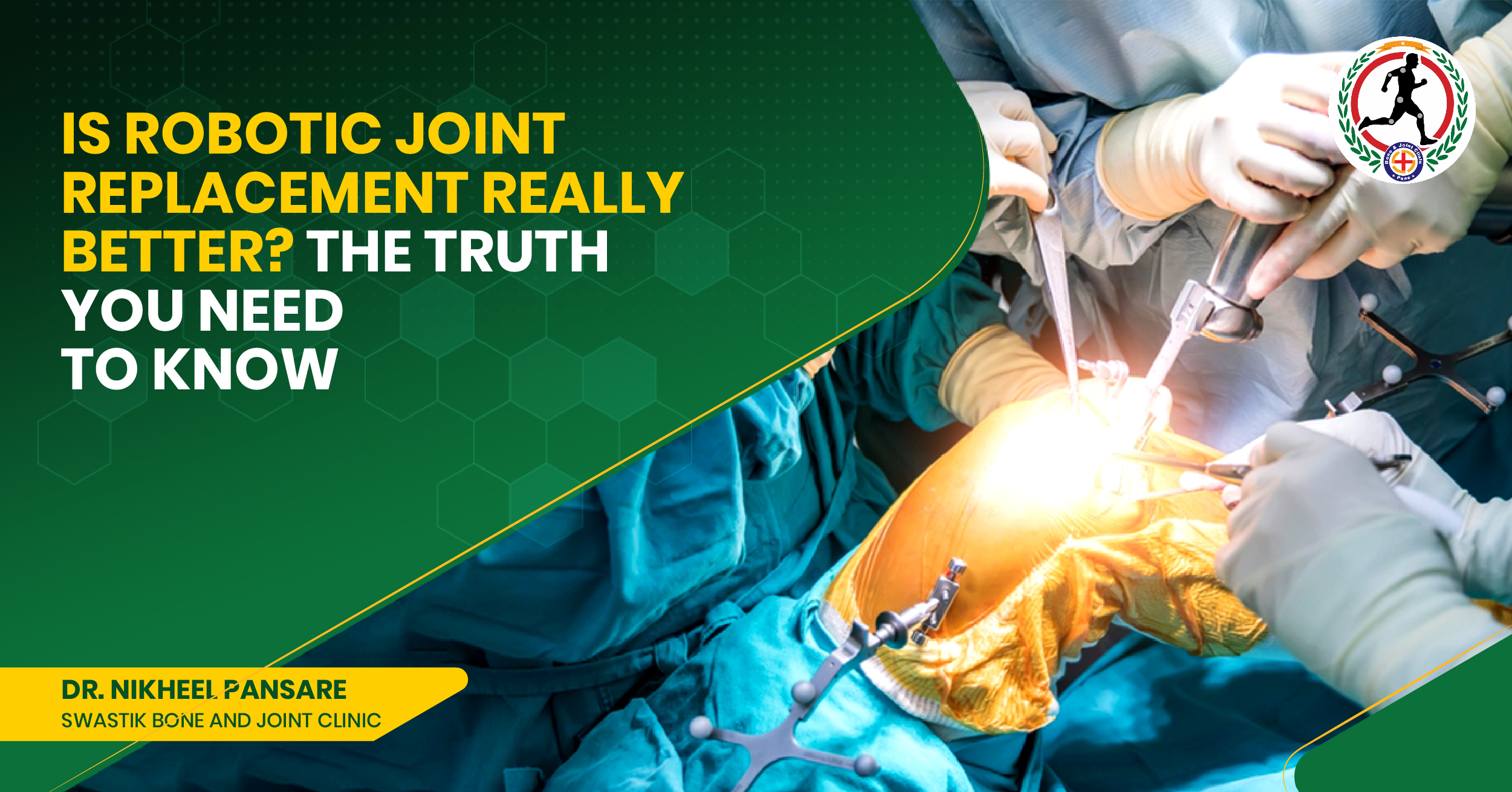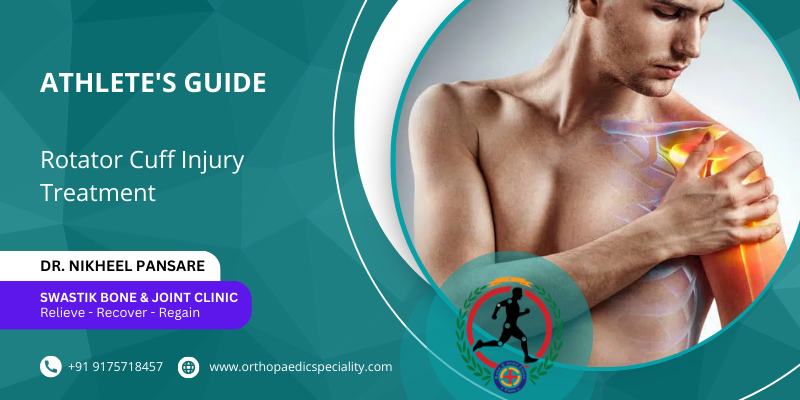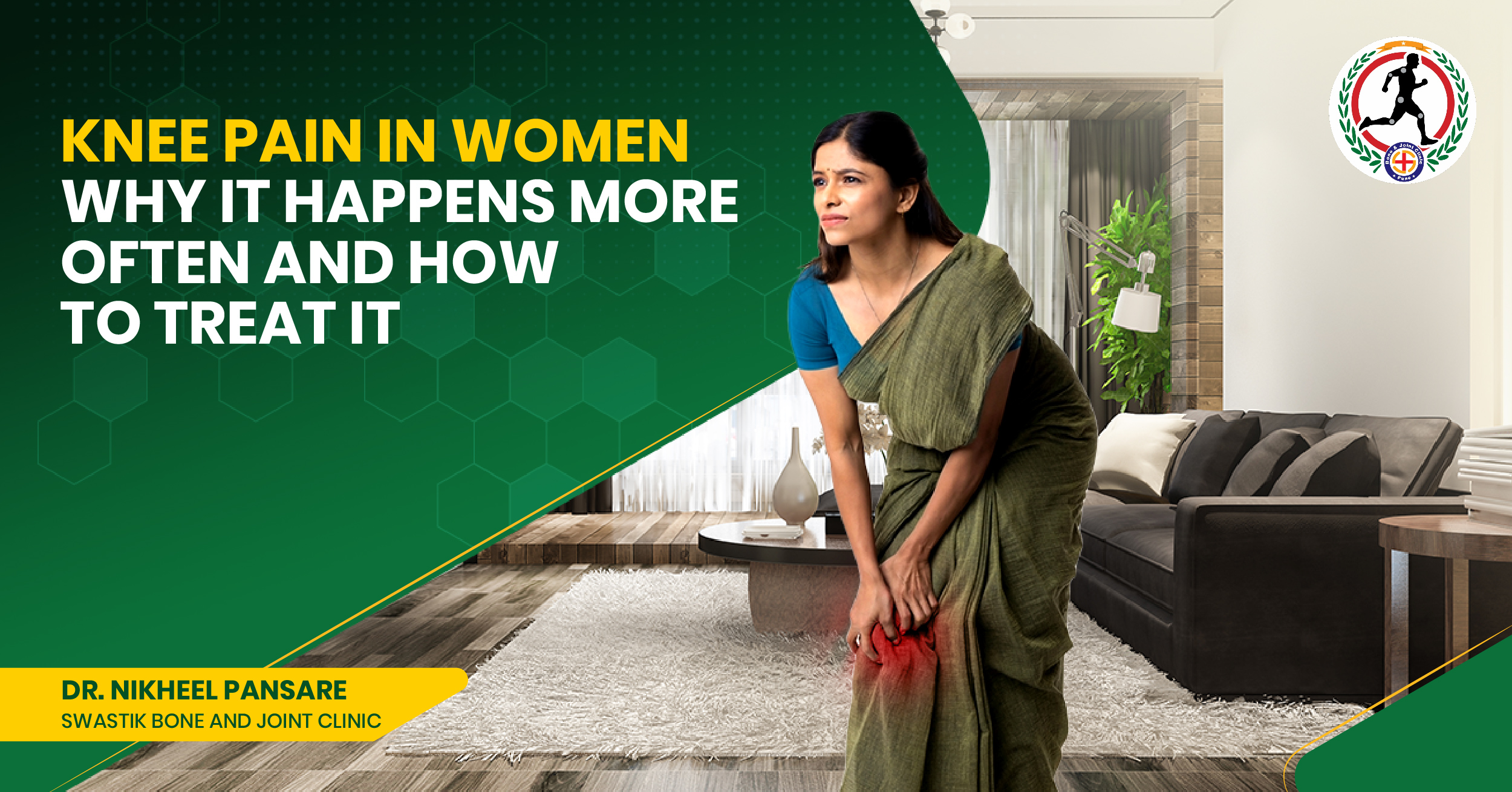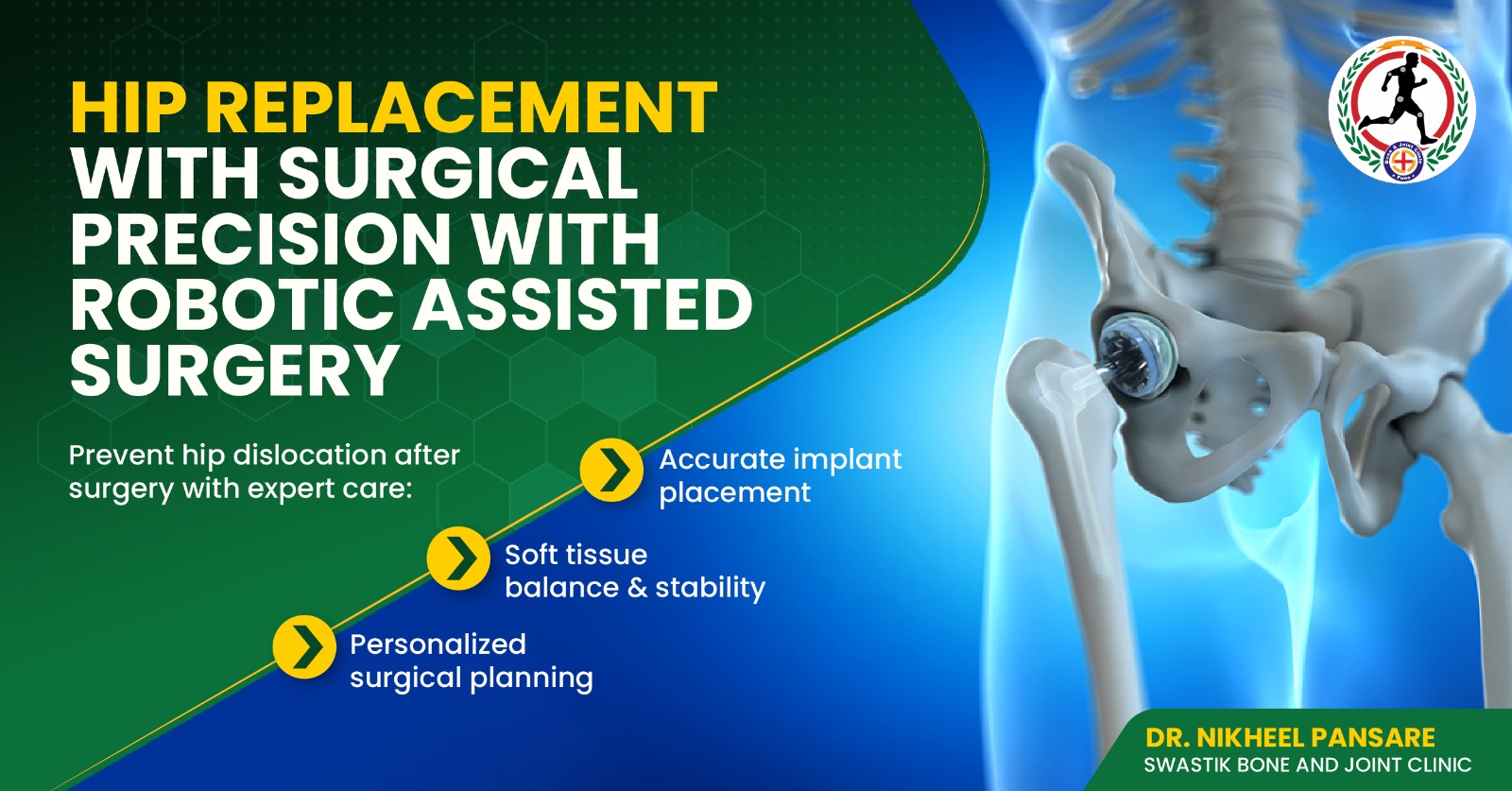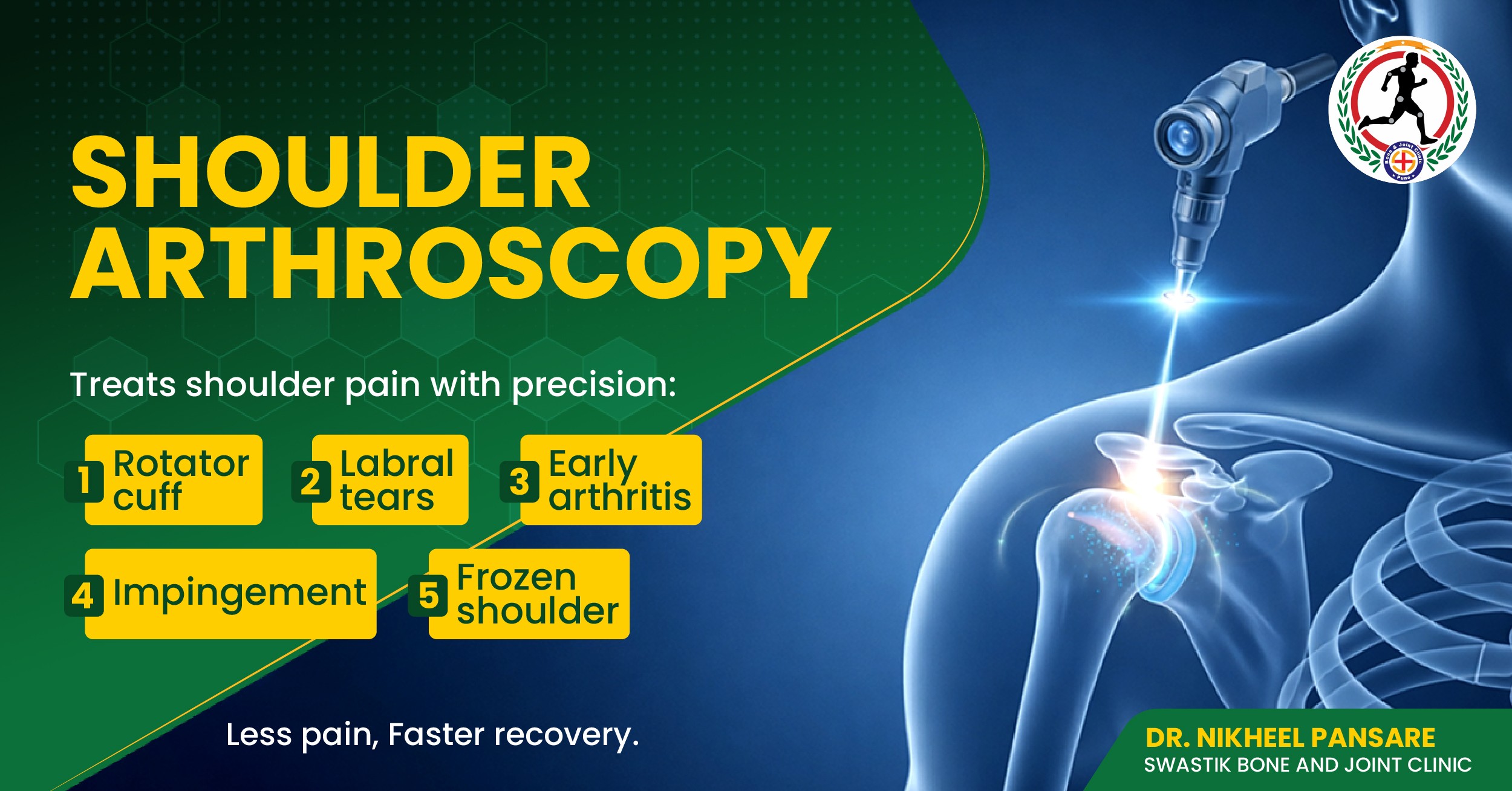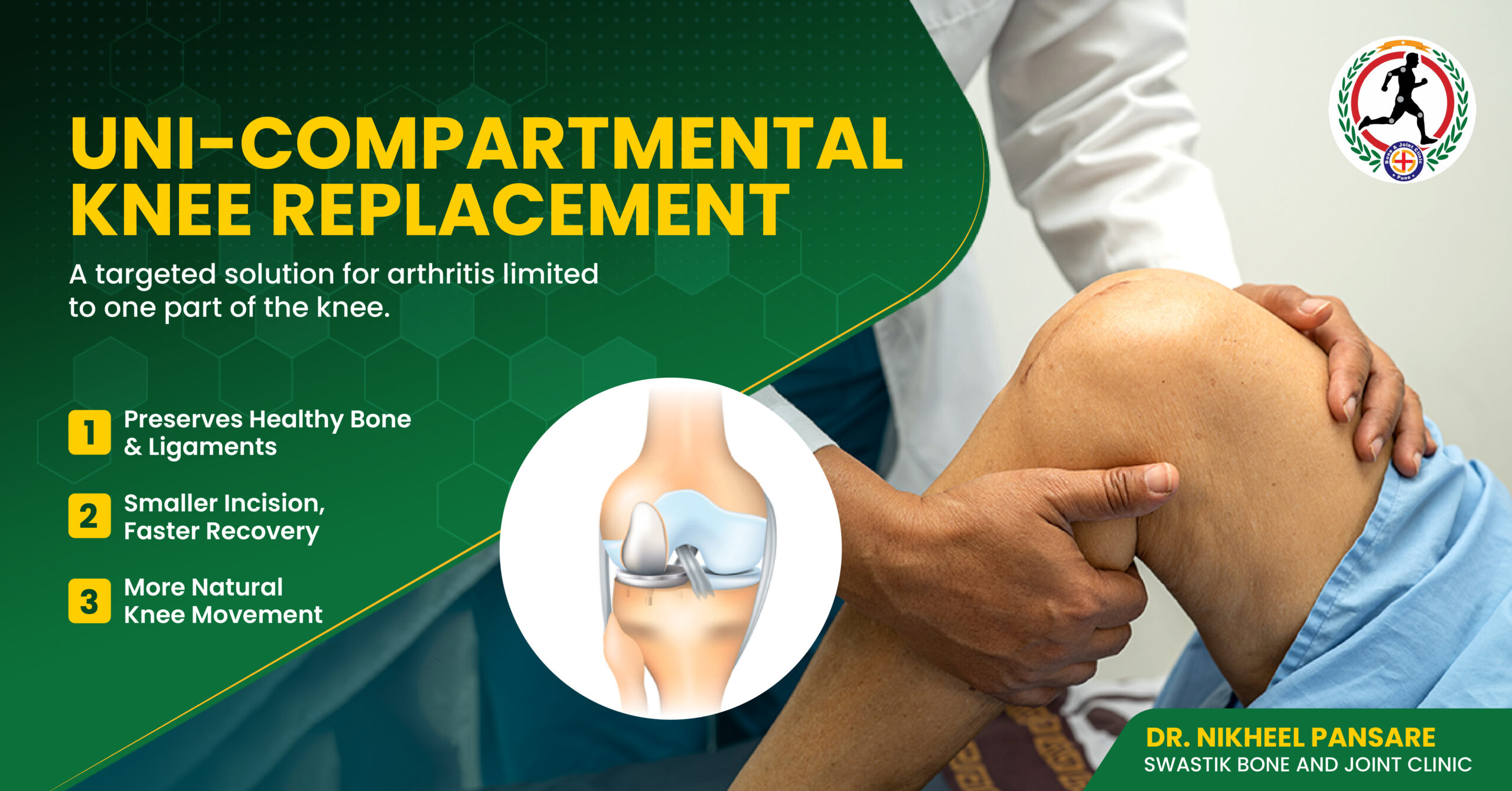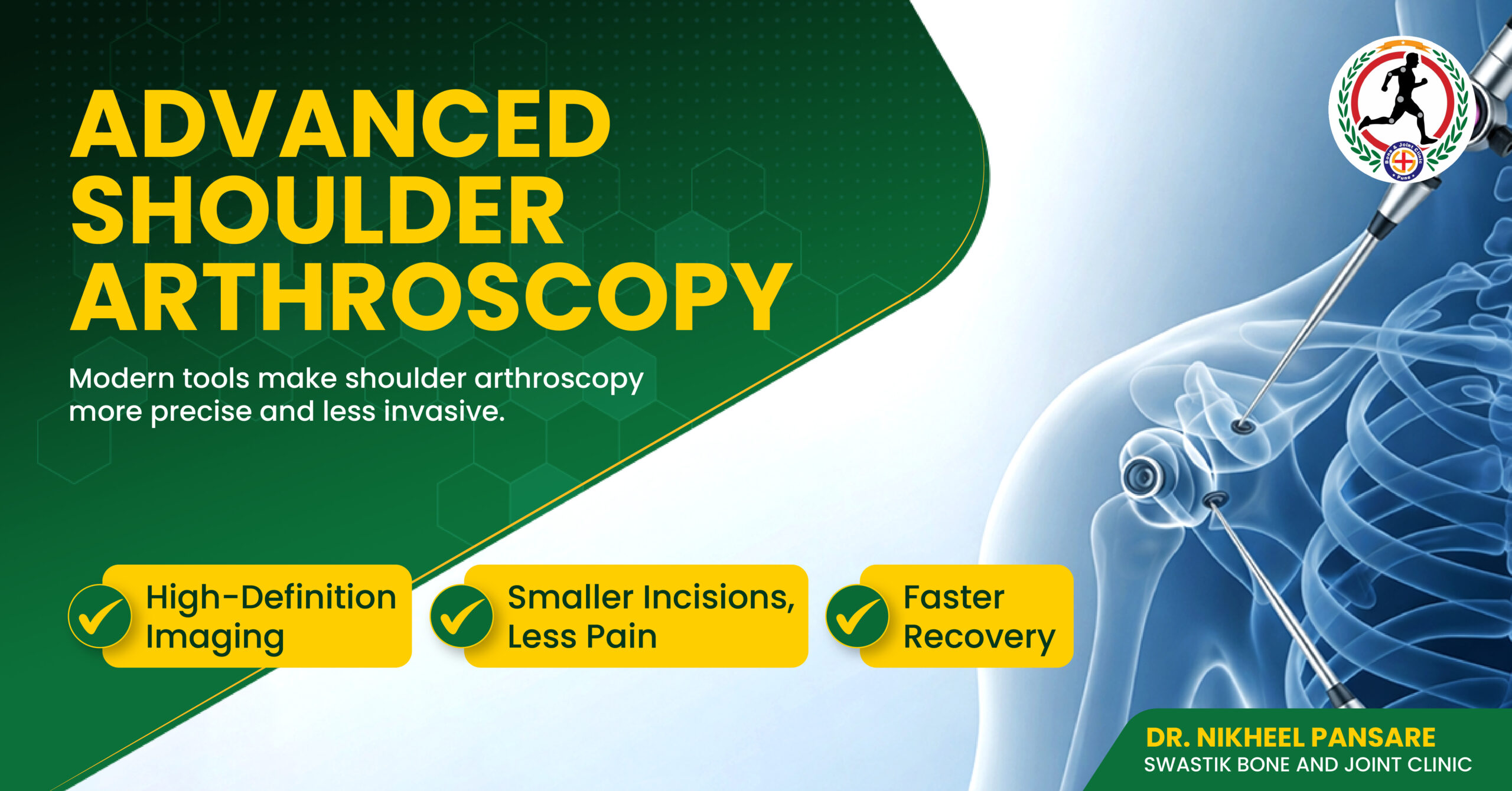Introduction:
Sports injuries are a common occurrence among athletes, ranging from minor strains to more severe conditions that require professional intervention. Understanding how to effectively manage and recover from these injuries is essential for athletes looking to return to their peak performance levels. In this guide, we’ll explore various strategies and techniques for empowering athletes to navigate the challenges of sports injuries and emerge stronger than ever.
Understanding Sports Injuries:
Sports injuries can result from various factors, including overuse, improper technique, inadequate warm-up, or direct trauma during athletic activities. Common types of sports injuries include sprains, strains, fractures, dislocations, and tendon injuries. Each injury type requires specific management and rehabilitation approaches tailored to the athlete’s condition and goals.
Seeking Professional Guidance:
When faced with a sports injury, seeking professional guidance from a sports injury specialist or orthopedic doctor is crucial. These healthcare professionals possess the expertise and resources to accurately diagnose the injury, develop a personalized treatment plan, and oversee the athlete’s rehabilitation process. By partnering with a knowledgeable healthcare provider, athletes can ensure they receive the best possible care and support throughout their recovery journey.
Initial Injury Management:
Immediate management of a sports injury is essential to minimize pain, swelling, and further damage. The R.I.C.E. protocol—rest, ice, compression, and elevation—is a standard approach for managing acute injuries in the initial stages. Resting the injured area, applying ice packs, using compression bandages, and elevating the affected limb can help reduce inflammation and promote healing.
Rehabilitation and Recovery:
Rehabilitation plays a crucial role in the recovery process, helping athletes regain strength, flexibility, and function in the injured area. Depending on the severity and nature of the injury, rehabilitation may involve a combination of physical therapy exercises, manual therapy techniques, and modalities such as ultrasound or electrical stimulation. A structured rehabilitation program aims to restore the athlete’s mobility, stability, and overall performance.
Gradual Return to Activity:
As the athlete progresses through rehabilitation, they will gradually reintroduce activity and sports-specific training into their routine. It’s essential to proceed with caution and follow the guidance of healthcare professionals to prevent re-injury or setbacks. A gradual return-to-play protocol allows the athlete to build confidence, assess their readiness for full participation, and minimize the risk of recurrence.
Preventive Strategies:
While injuries are an inevitable part of sports participation, athletes can take proactive measures to reduce their risk of injury. Proper warm-up and stretching routines, maintaining good technique and form, using appropriate protective equipment, and listening to the body’s signals are essential preventive strategies. Additionally, addressing any underlying biomechanical imbalances or weaknesses through targeted strength and conditioning programs can help mitigate injury risk.
Long-Term Wellness:
Beyond injury management and recovery, prioritizing long-term wellness is crucial for athletes’ overall health and performance. This includes maintaining a balanced training regimen, incorporating rest and recovery days into the schedule, practicing adequate nutrition and hydration, and prioritizing mental health and well-being. By adopting a holistic approach to athletic development, athletes can optimize their performance potential while minimizing the likelihood of sports injuries.
Conclusion:
Sports injuries present challenges for athletes, but with the right knowledge, support, and approach, they can overcome these obstacles and emerge stronger and more resilient. By empowering athletes with strategies for injury management, rehabilitation, and preventive care, they can continue to pursue their athletic goals with confidence and determination.
Dr. Nikheel Pansare, a renowned sports injury specialist and orthopedic doctor in Viman Nagar near Kharadi, provides comprehensive care to athletes seeking to recover and return to play. With expertise in sports injury management, Dr. Pansare ensures athletes receive the expert guidance and support they need throughout their injury recovery journey.
Sports injuries are a common occurrence among athletes, ranging from minor strains to more severe conditions that require professional intervention. Understanding how to effectively manage and recover from these injuries is essential for athletes looking to return to their peak performance levels. In this guide, we’ll explore various strategies and techniques for empowering athletes to navigate the challenges of sports injuries and emerge stronger than ever.
Understanding Sports Injuries:
Sports injuries can result from various factors, including overuse, improper technique, inadequate warm-up, or direct trauma during athletic activities. Common types of sports injuries include sprains, strains, fractures, dislocations, and tendon injuries. Each injury type requires specific management and rehabilitation approaches tailored to the athlete’s condition and goals.
Seeking Professional Guidance:
When faced with a sports injury, seeking professional guidance from a sports injury specialist or orthopedic doctor is crucial. These healthcare professionals possess the expertise and resources to accurately diagnose the injury, develop a personalized treatment plan, and oversee the athlete’s rehabilitation process. By partnering with a knowledgeable healthcare provider, athletes can ensure they receive the best possible care and support throughout their recovery journey.
Initial Injury Management:
Immediate management of a sports injury is essential to minimize pain, swelling, and further damage. The R.I.C.E. protocol—rest, ice, compression, and elevation—is a standard approach for managing acute injuries in the initial stages. Resting the injured area, applying ice packs, using compression bandages, and elevating the affected limb can help reduce inflammation and promote healing.
Rehabilitation and Recovery:
Rehabilitation plays a crucial role in the recovery process, helping athletes regain strength, flexibility, and function in the injured area. Depending on the severity and nature of the injury, rehabilitation may involve a combination of physical therapy exercises, manual therapy techniques, and modalities such as ultrasound or electrical stimulation. A structured rehabilitation program aims to restore the athlete’s mobility, stability, and overall performance.
Gradual Return to Activity:
As the athlete progresses through rehabilitation, they will gradually reintroduce activity and sports-specific training into their routine. It’s essential to proceed with caution and follow the guidance of healthcare professionals to prevent re-injury or setbacks. A gradual return-to-play protocol allows the athlete to build confidence, assess their readiness for full participation, and minimize the risk of recurrence.
Preventive Strategies:
While injuries are an inevitable part of sports participation, athletes can take proactive measures to reduce their risk of injury. Proper warm-up and stretching routines, maintaining good technique and form, using appropriate protective equipment, and listening to the body’s signals are essential preventive strategies. Additionally, addressing any underlying biomechanical imbalances or weaknesses through targeted strength and conditioning programs can help mitigate injury risk.
Long-Term Wellness:
Beyond injury management and recovery, prioritizing long-term wellness is crucial for athletes’ overall health and performance. This includes maintaining a balanced training regimen, incorporating rest and recovery days into the schedule, practicing adequate nutrition and hydration, and prioritizing mental health and well-being. By adopting a holistic approach to athletic development, athletes can optimize their performance potential while minimizing the likelihood of sports injuries.
Conclusion:
Sports injuries present challenges for athletes, but with the right knowledge, support, and approach, they can overcome these obstacles and emerge stronger and more resilient. By empowering athletes with strategies for injury management, rehabilitation, and preventive care, they can continue to pursue their athletic goals with confidence and determination.
Dr. Nikheel Pansare, a renowned sports injury specialist and orthopedic doctor in Viman Nagar near Kharadi, provides comprehensive care to athletes seeking to recover and return to play. With expertise in sports injury management, Dr. Pansare ensures athletes receive the expert guidance and support they need throughout their injury recovery journey.
